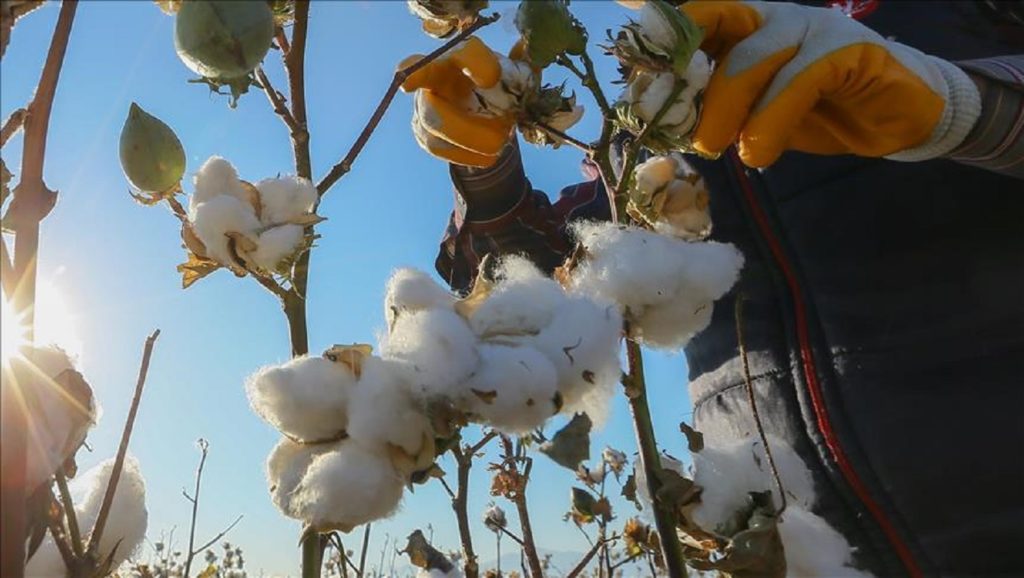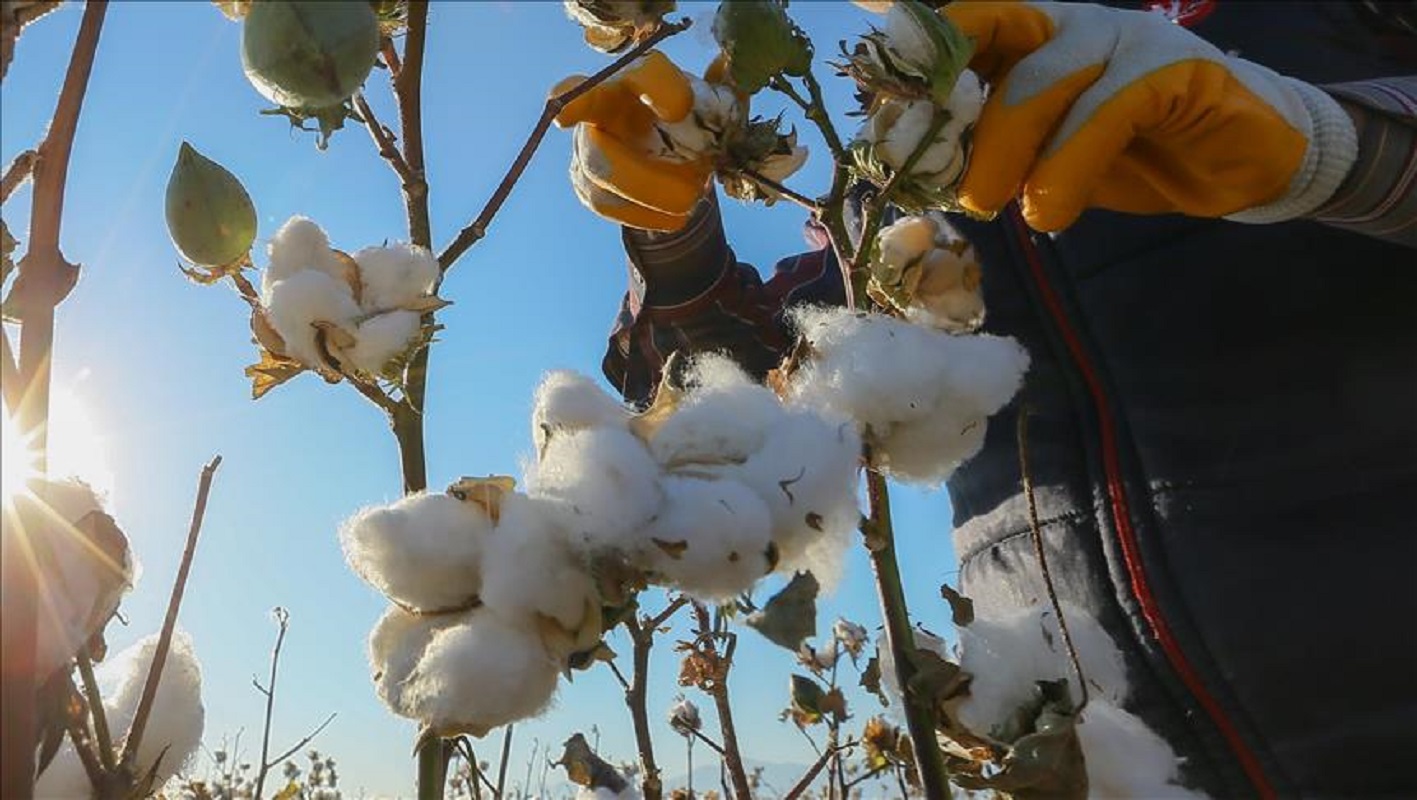Gathered in Douala for the 17th meeting of the PR-PICA, cotton industry stakeholders from eight African countries discussed the threats facing cotton growing on the continent. Together, they identified ways to build a more resilient, sustainable, and competitive sector while supporting producers.
From April 8 to 11, Douala hosted the 17th review meeting of the Integrated Cotton Production Program in Africa (IPCA-PR). Eight West and Central African countries—Benin, Burkina Faso, Cameroon, Côte d’Ivoire, Mali, Senegal, Chad, and Togo—took part. All agreed on the same observation: the cotton industry is at a crossroads, facing a multitude of economic, climatic, health, and environmental challenges. While millions of African families depend on cotton growing, falling world prices, the volatility of the dollar, and competition with synthetic fibers are weakening producers. Added to this are climatic hazards and the resurgence of pests, which directly affect yields.

Guarantee a decent income for producers
One of the major challenges discussed during the conference was producers’ income. According to participants, it is becoming imperative to improve productivity while reducing production costs. Diversifying market opportunities, particularly through local processing, emerged as a promising avenue. “The development of the local textile industry is a priority,” emphasized Gabriel Mbairobe, Cameroon’s Minister of Agriculture. He emphasized the need to invest in research to develop resistant varieties, as well as the importance of widely disseminating these innovations. Processing raw cotton into finished products would not only increase added value but also create jobs in Africa.
Climate and environmental issues
African cotton also faces a major climate challenge: drought, floods, and disruptions to the growing seasons are disrupting planting and harvesting schedules. The consequences for yields are alarming. Furthermore, agricultural practices must evolve towards greater sustainability. Fewer chemical inputs, greater biodiversity, and rational soil and water management: stakeholders are calling for an ecological approach to cotton production. The challenge is also phytosanitary, as evidenced by the explosion in populations of jassids, insect pests that compromise the health of plants.
A market strategy to be rethought
Mohamadou Bayero, Director General of SODECOTON, emphasizes the need to adapt marketing strategies in the face of falling global prices. He calls for exploring new markets and turning to local processing, the only way, he believes, to break free from dependence on raw exports. “Over the past three years, cotton prices have fallen significantly. This forces us to review our economic models and anticipate dollar fluctuations, which affect both imported inputs and export revenues,” he explained.
A collective response for a sustainable future
Faced with these multidimensional challenges, the PR-PICA emerges as a crucial framework for coordination. Sharing experiences, scientific cooperation, and harmonizing agricultural policies: member countries intend to work hand in hand. The Douala conference will have laid the foundations for a revival of the African cotton industry. A sector that will now have to combine economic performance, environmental responsibility, and social resilience.




